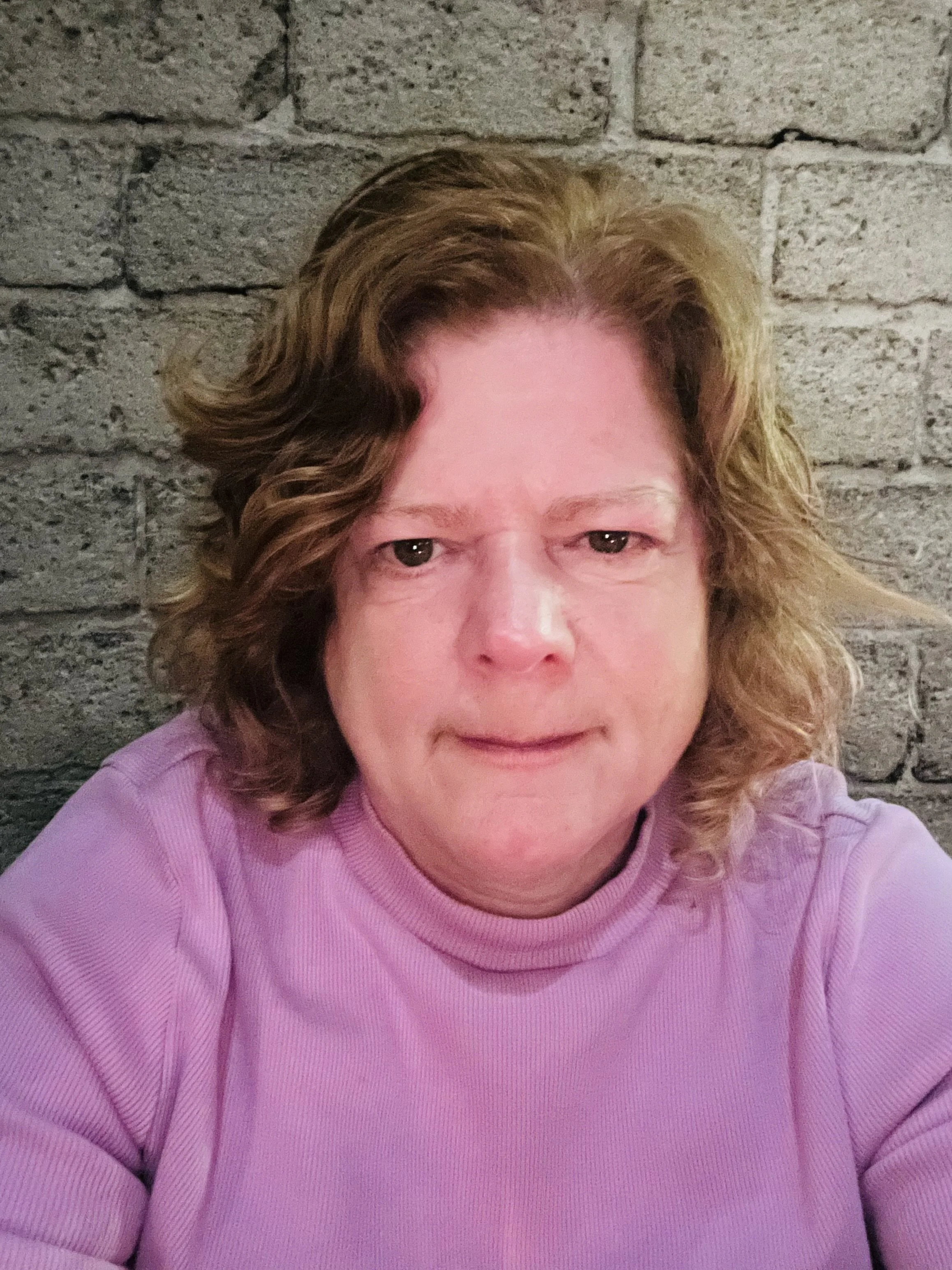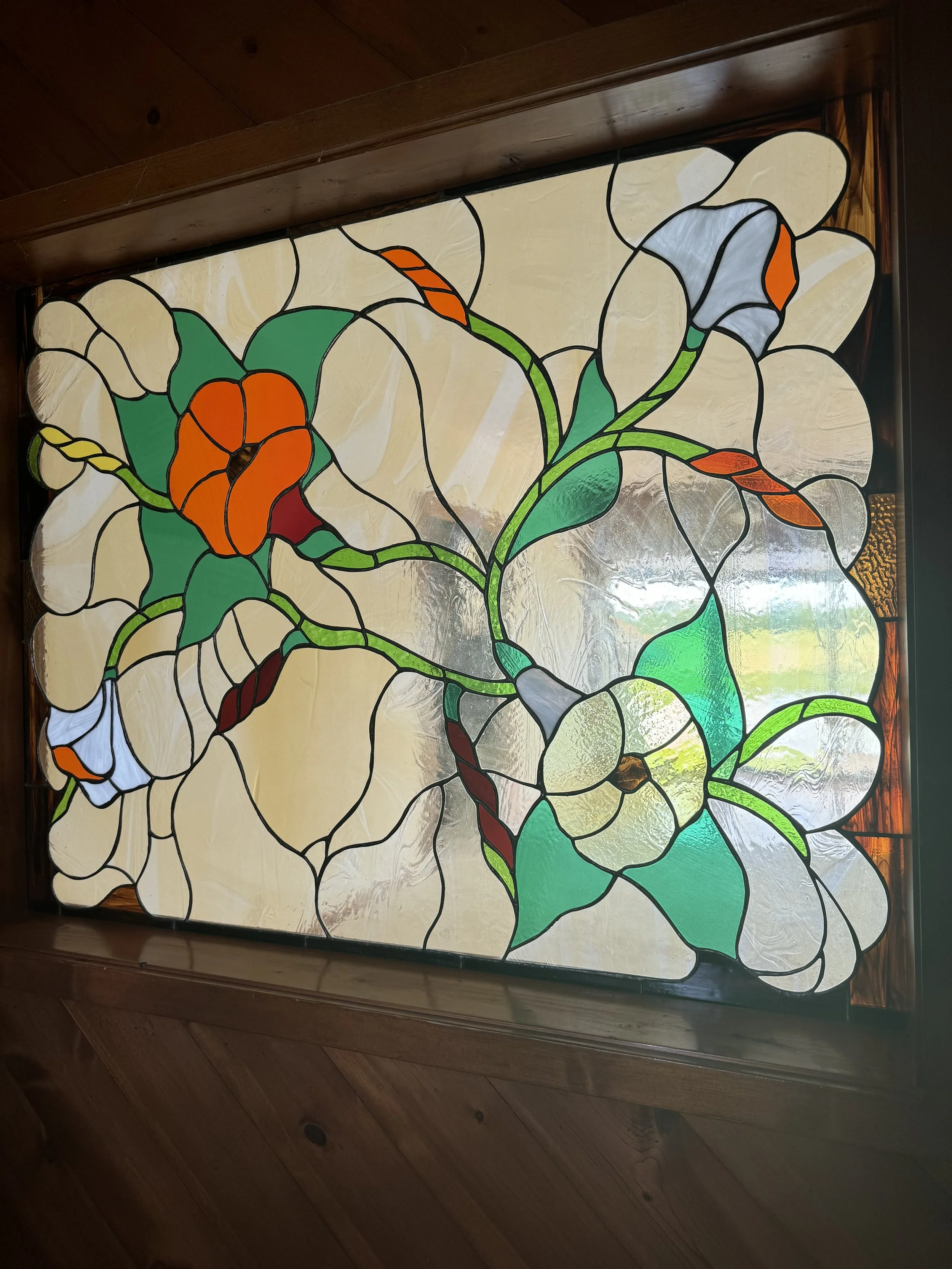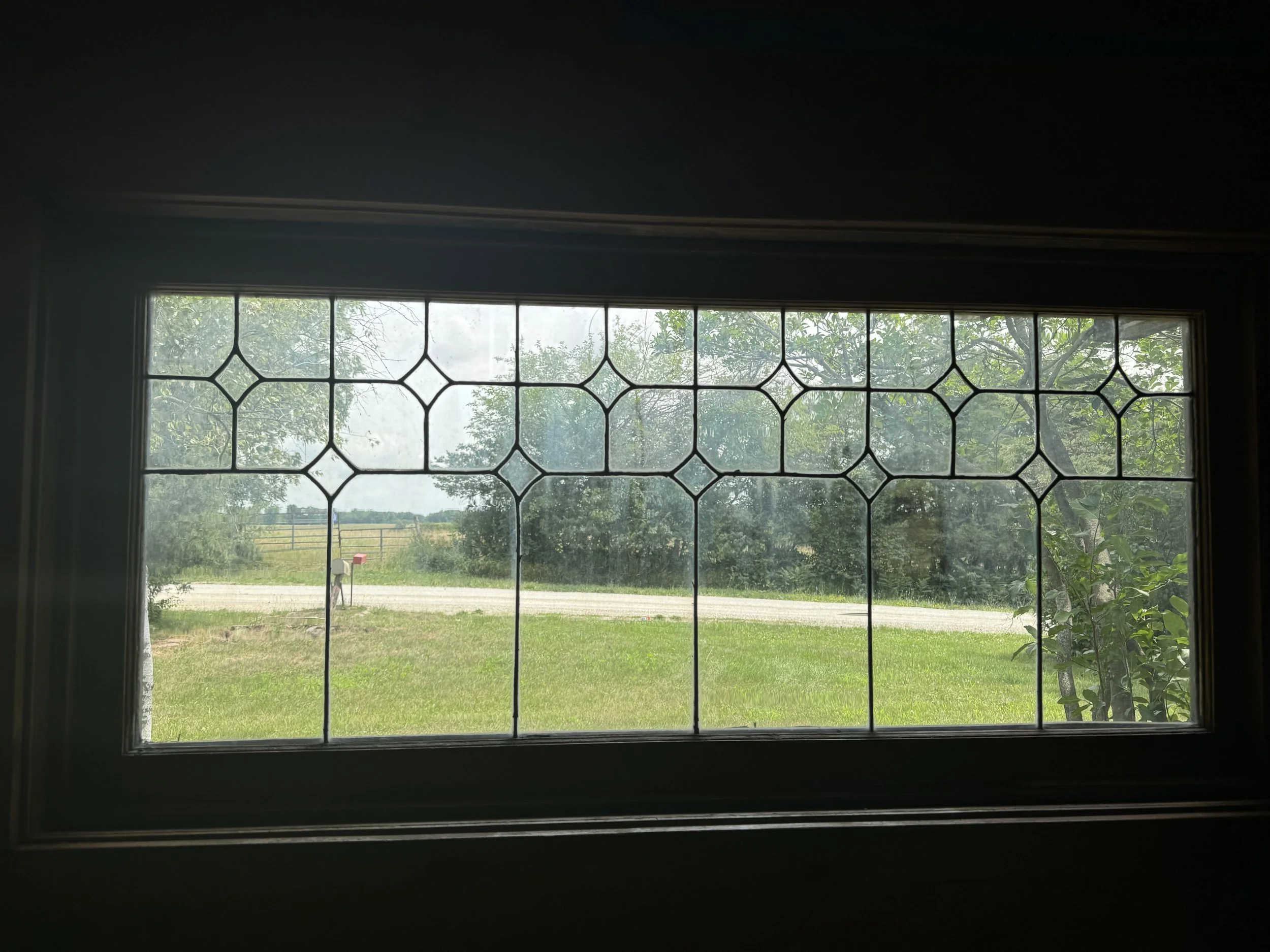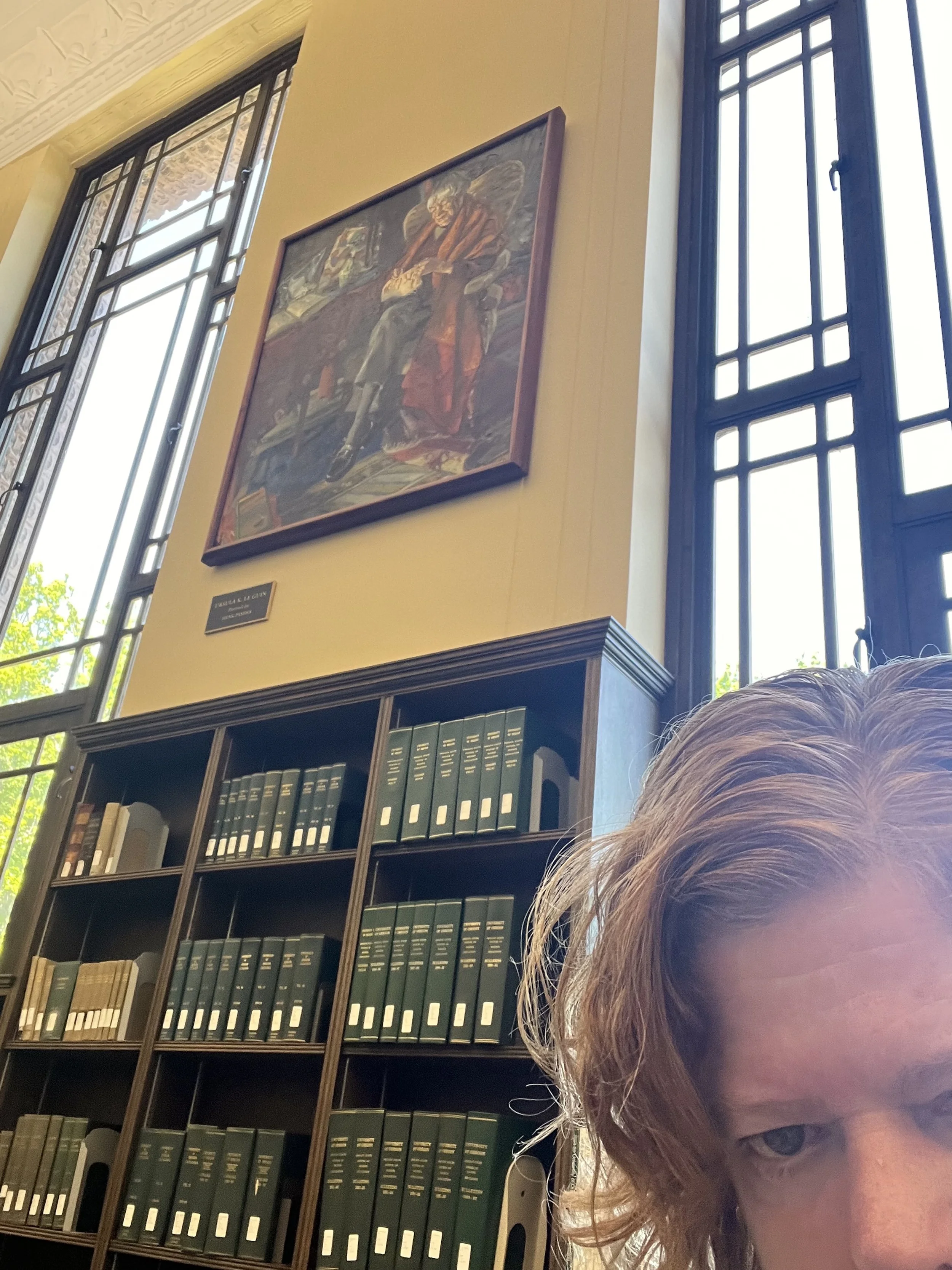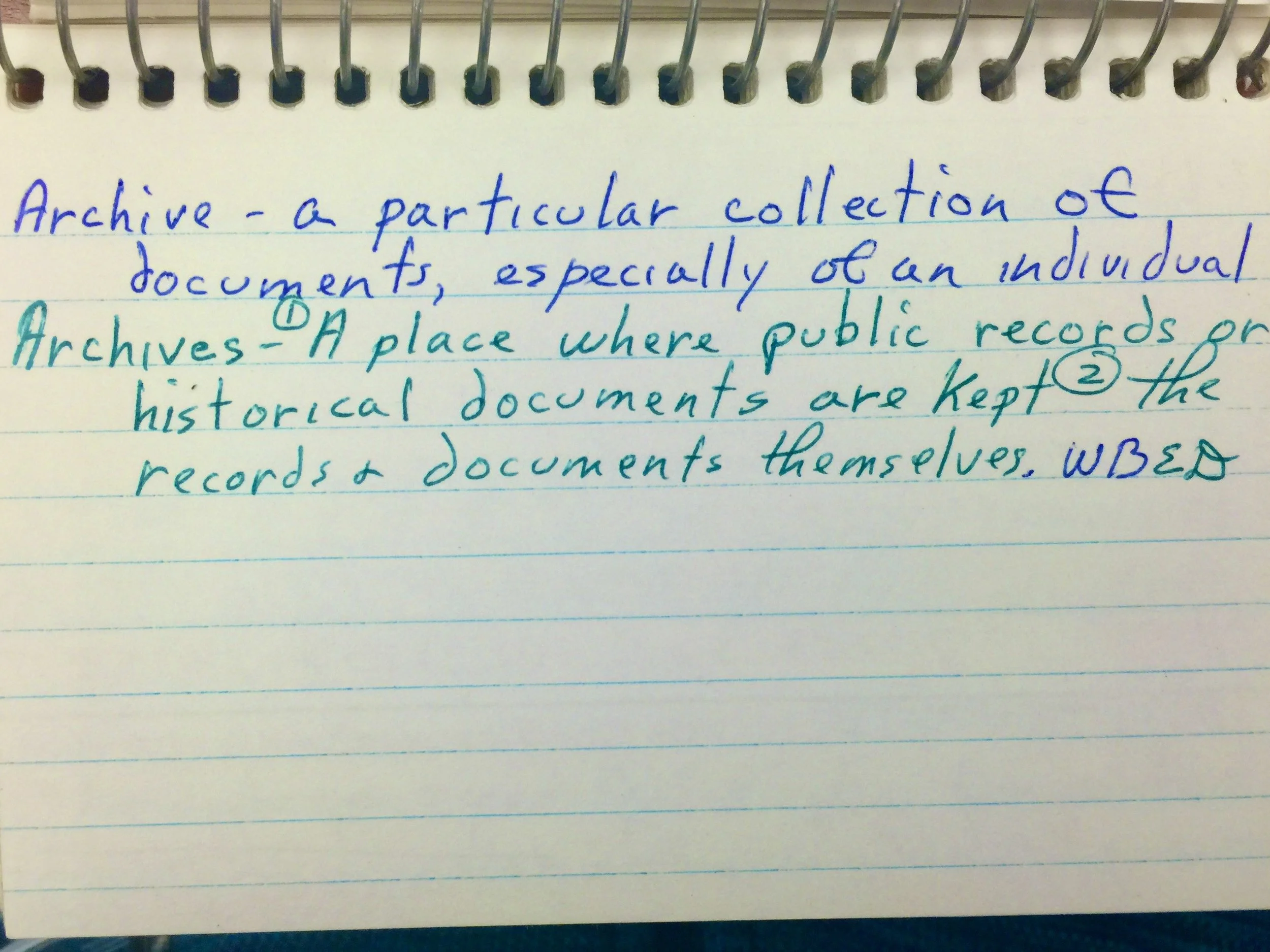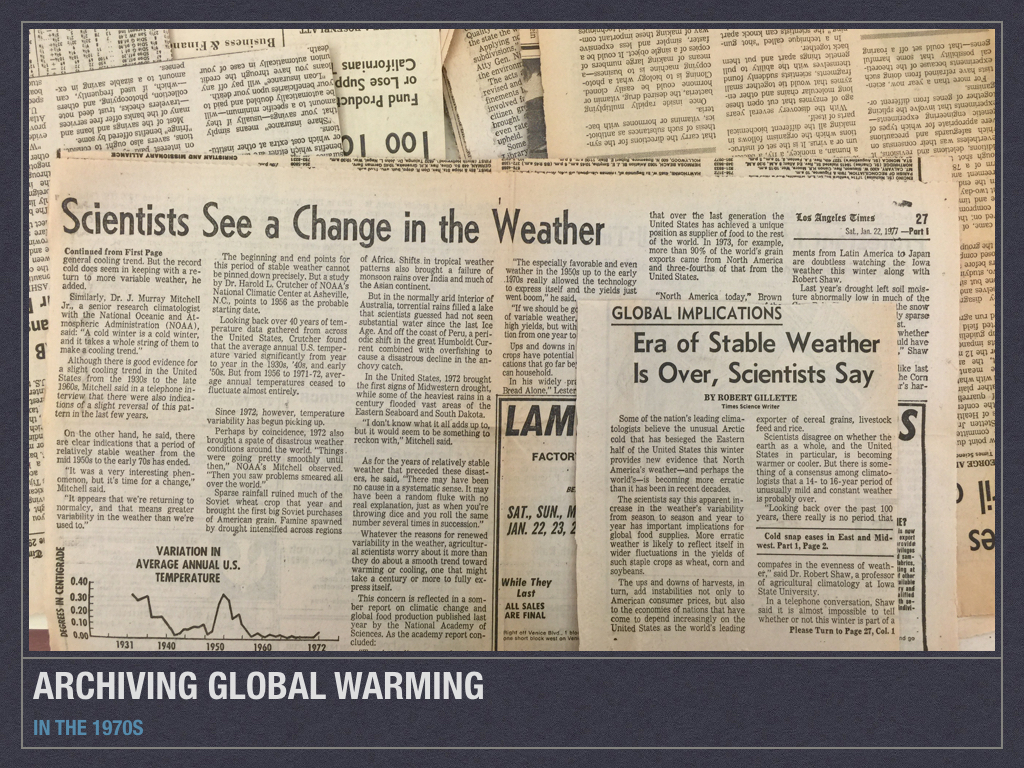After I left Iowa for college, I discovered my lifelong intellectual work of excavating archives illuminating struggles over class, race, empire, and environments. Now Professor of Literature and Ethnic Studies at the University of California, San Diego, my interests and commitments come together in my book Science Fiction Ecologies: World-making with Octavia E. Butler, Ursula K. Le Guin, and Judith Merril, which is forthcoming in October 2026 from New York University Press. Braiding together the lives, archives, and speculative fiction of Butler, Le Guin, and Merril, this collective biography and counter-history of science fiction world-making illuminates three generations of ecological and environmental speculation, memory work, and struggles over libraries, public education, empire, feminism, and the future.

